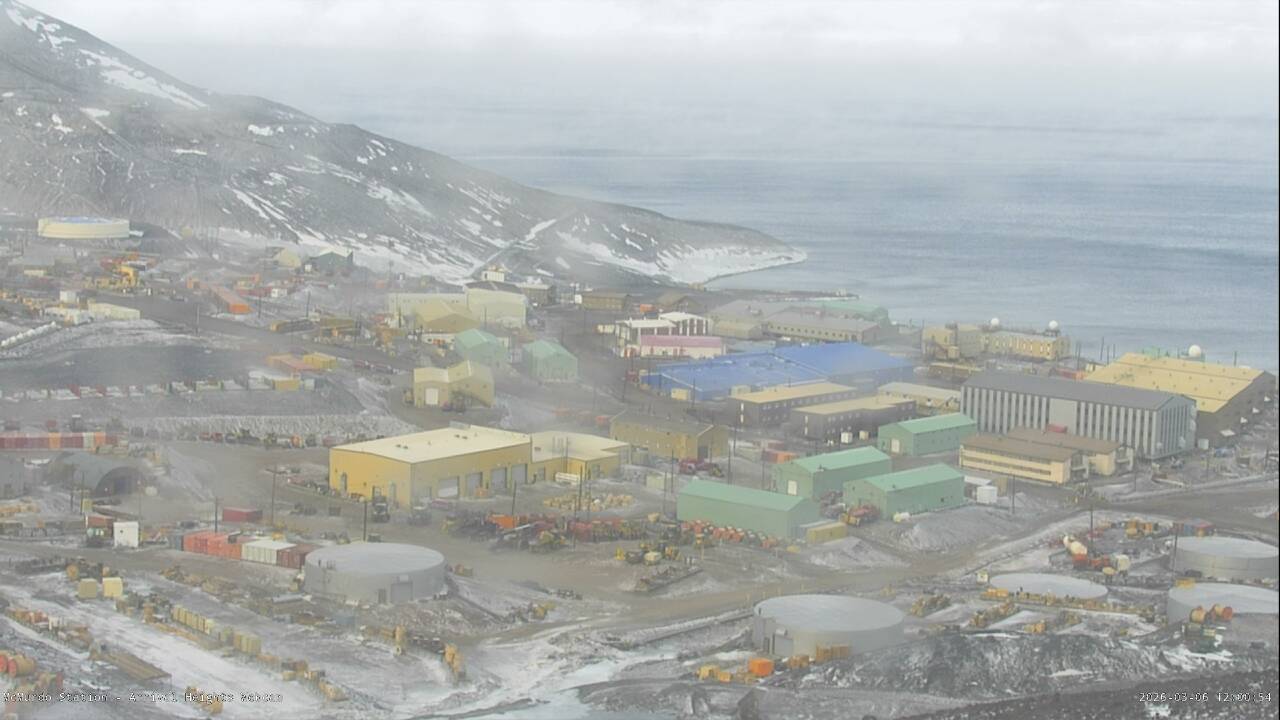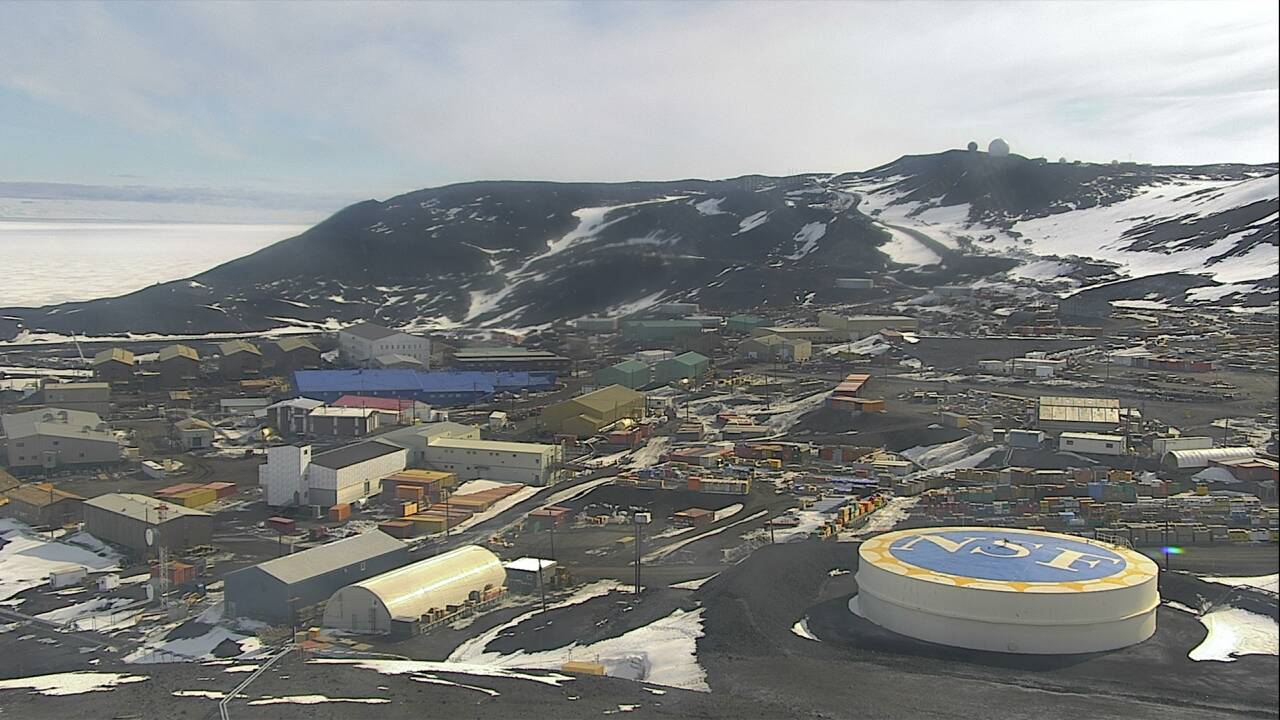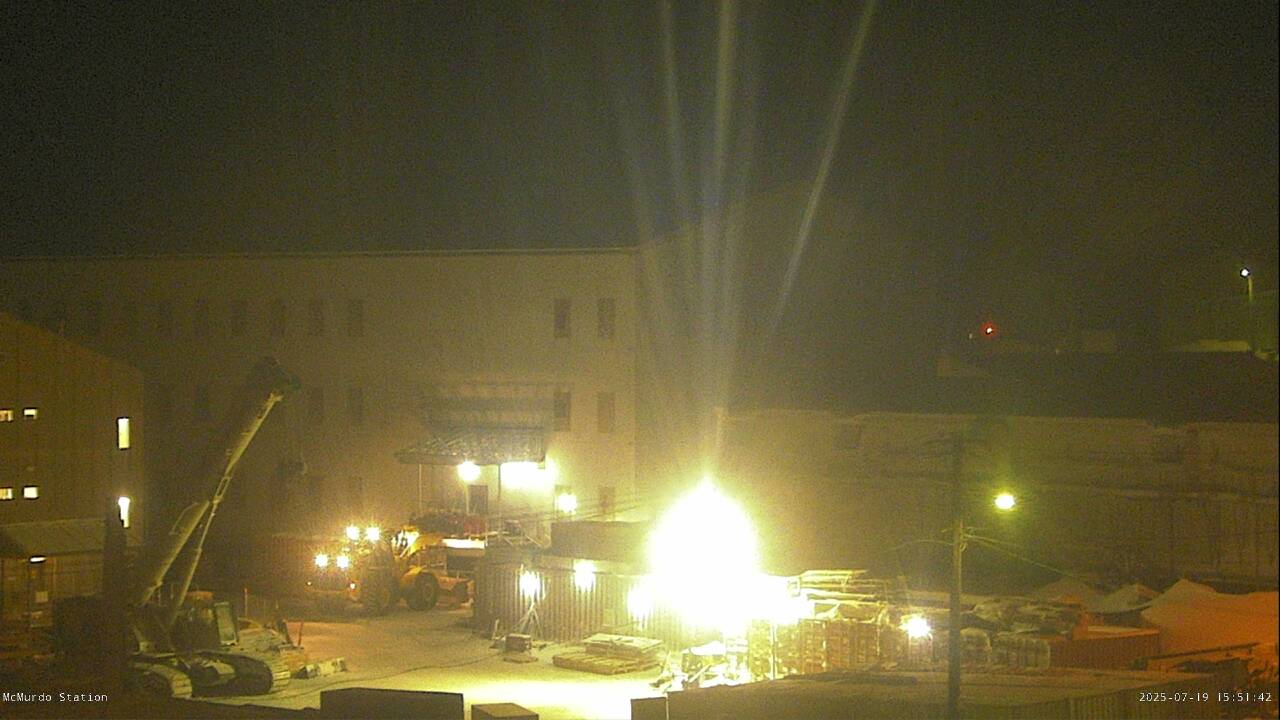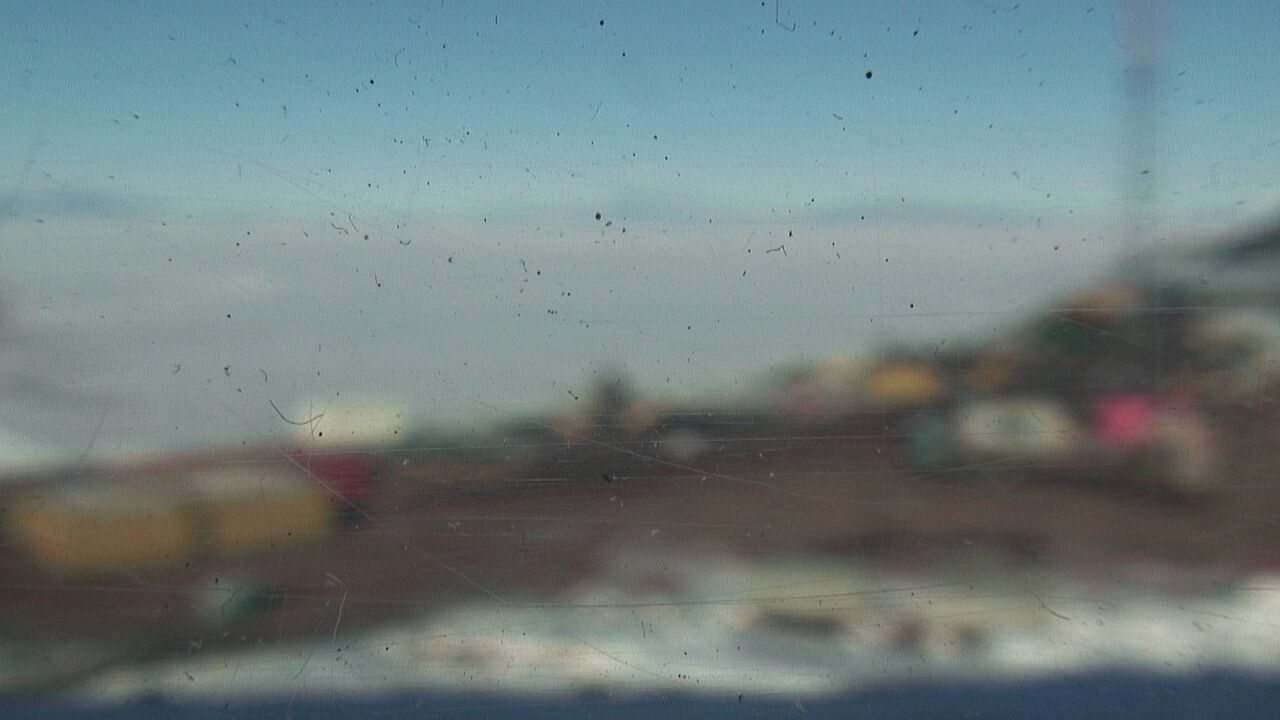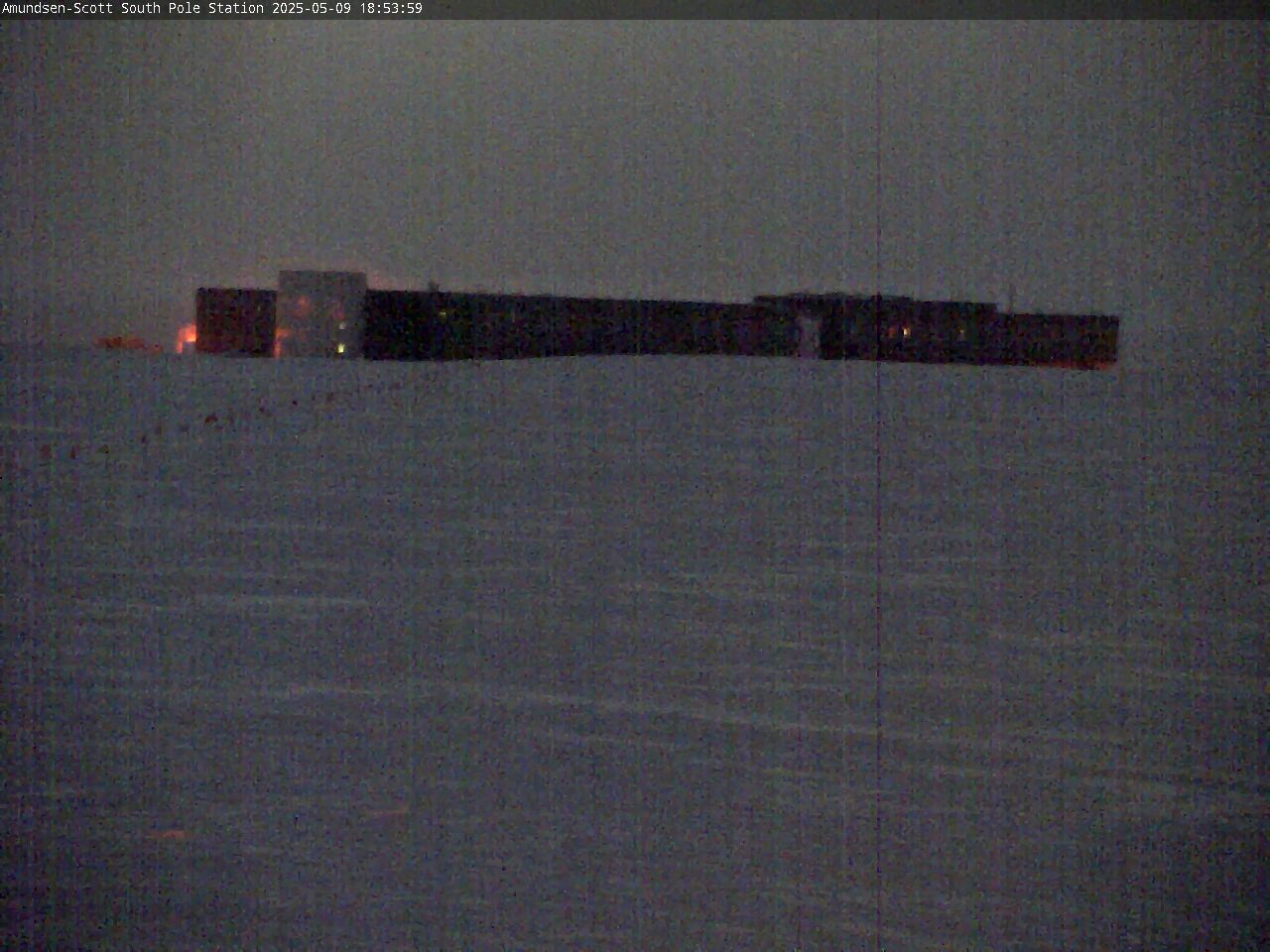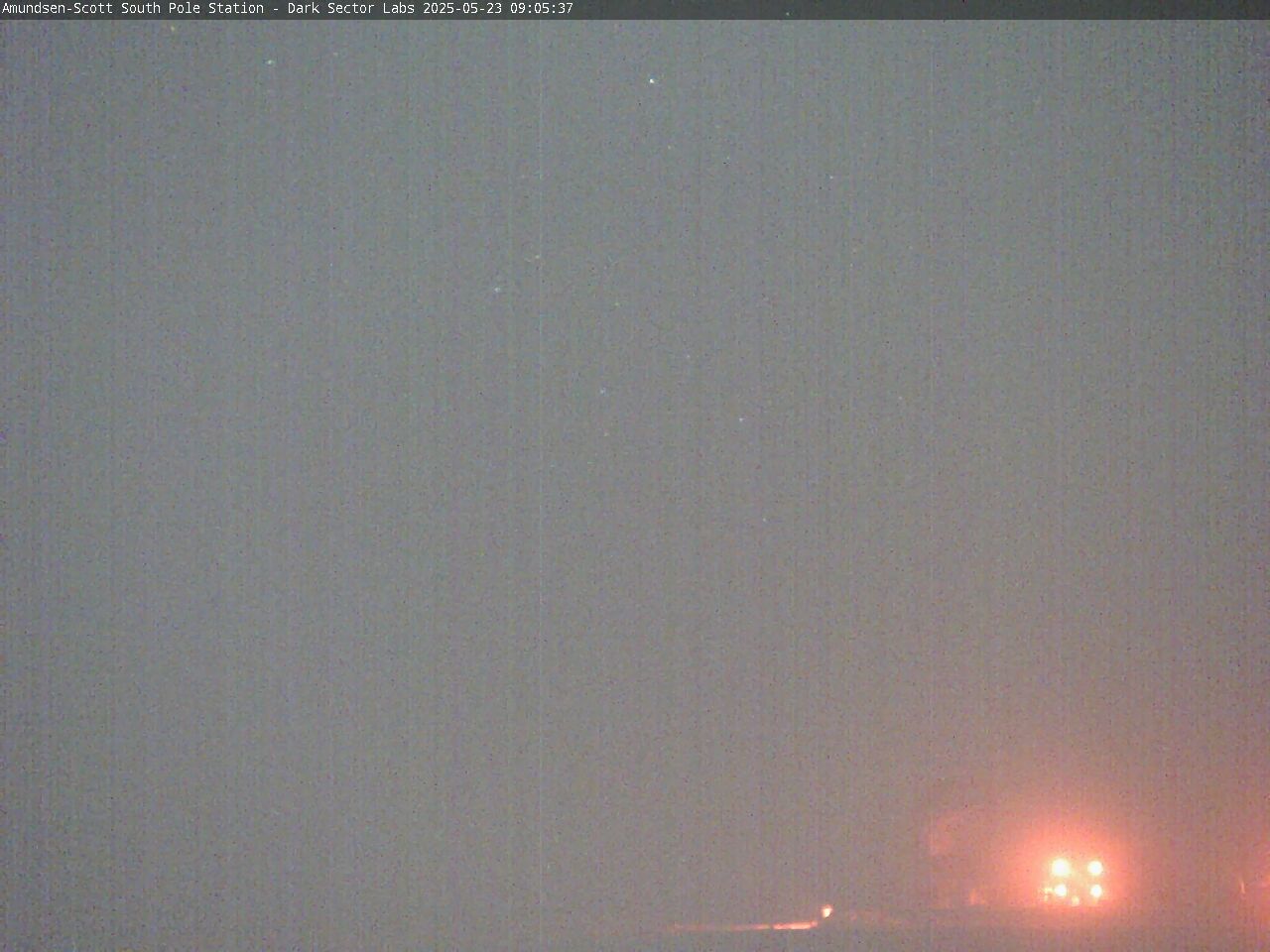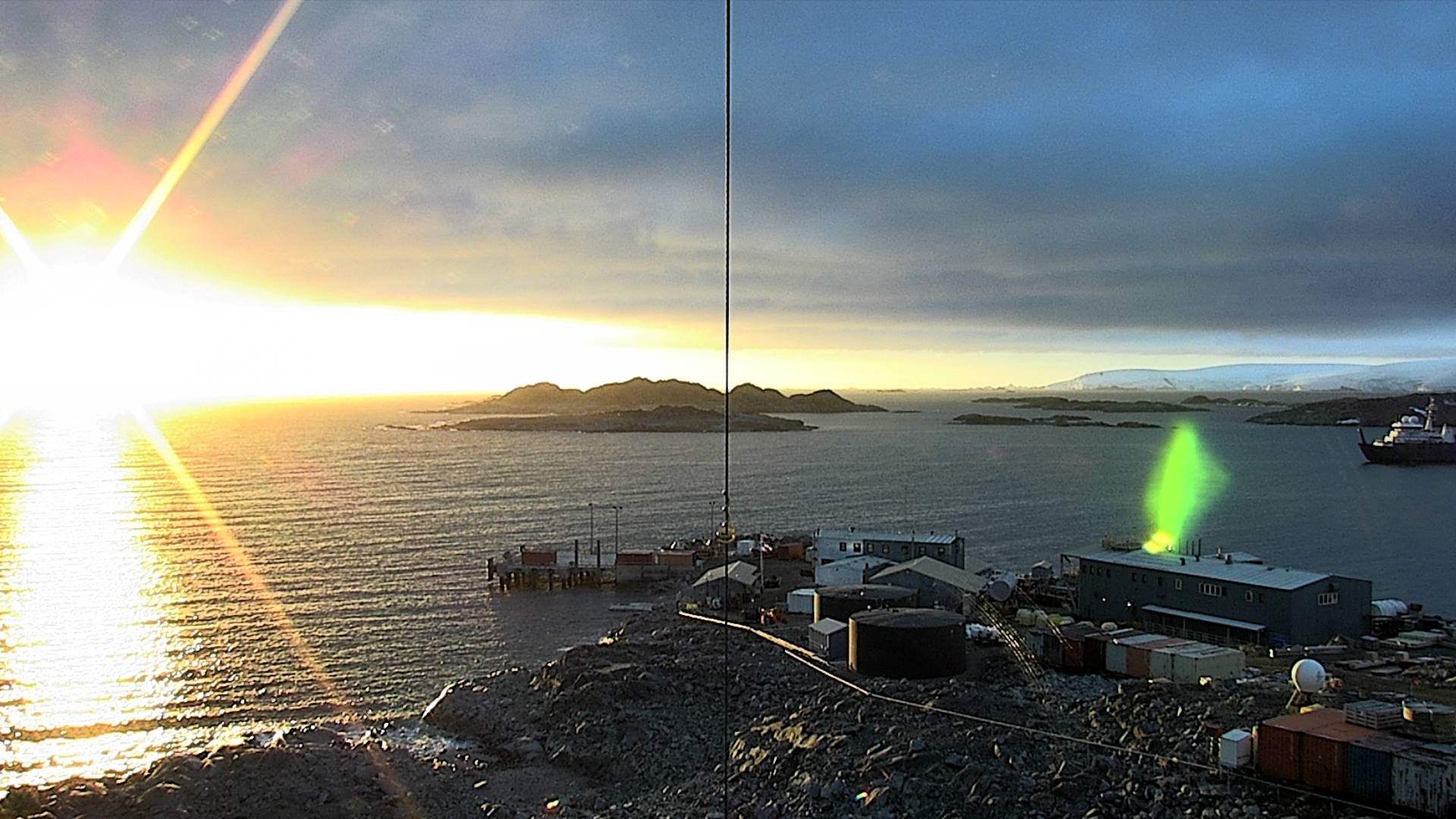|
Bidding Farewell to an Antarctic Legend
Preparations Underway for a new Barge Pier at NSF McMurdo Station
Reminder from the NSF SAHPR Program Office for 2024-25 Antarctic Summer Season
Weather anomaly experienced in the McMurdo Dry Valleys
New Antarctic Dragonfish Species Discovered
|
|||||
Welcome to the United States Antarctic Program Portal



For USAP Participants |
For The Public |
For Researchers and EducatorsContact UsU.S. National Science FoundationOffice of Polar Programs Geosciences Directorate Randolph Building 401 Dulany Street Alexandria, VA 22314 Sign up for the NSF Office of Polar Programs newsletter and events. Feedback Form |
